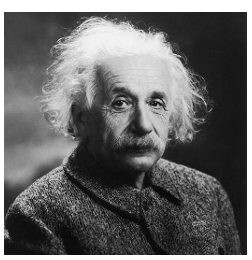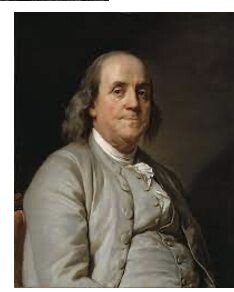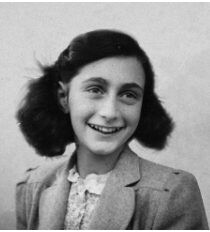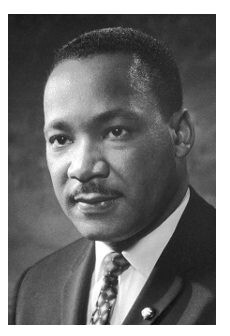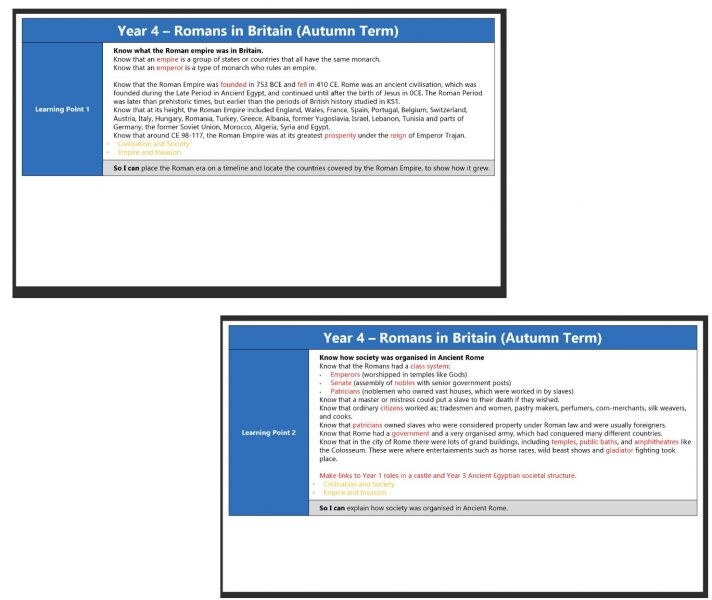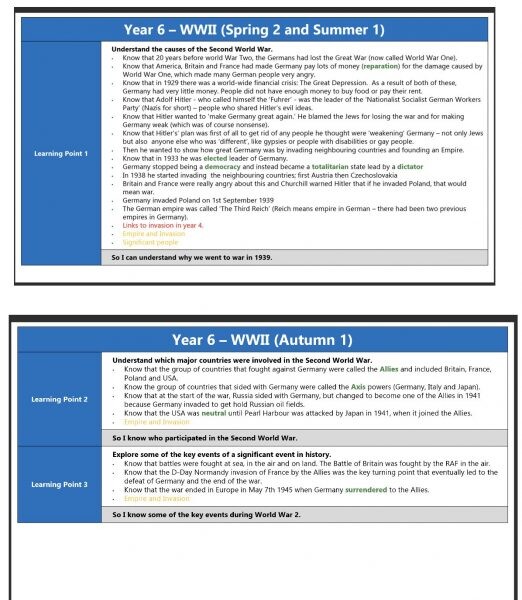History
At Elsecar Holy Trinity Primary School, we have designed a history curriculum with the intent that our children will have opportunities to investigate and interpret the past, understand chronology, build an overview of Britain’s past as well as that of the wider world, and to be able to communicate using an expansive range of historical terminology. We want our children to develop a genuine interest in the past and how it shapes the future. We will deliver a history curriculum that ensures our children:
- Have a good knowledge of the history of Britain and how it has influenced and been influenced by the wider world.
- Have good knowledge of local history and how this has shaped Elsecar.
- Participate in high-quality educational visits/visitors that enrich their learning and give them a better understanding of lives in the past.
- Develop an understanding of chronology through the use of timetables, vocabulary and comparisons.
- Make links within the history they learn and compare societies to establish similarities and differences and further their knowledge and explanations of change and continuity over time.
- Develop enquiry skills through our topic question.
- To pursue their own interests and further questioning within a topic.
- Know about the lives and impact of significant people throughout history and consider how they could make a difference.
The National Curriculum 2014 and the Early Years Foundation Stage statutory framework 2017 provide the basis for our history curriculum, which is then tailored to meet the learning and developmental need of the children in our school.
The history units are planned out to show progression and build on children’s previous knowledge and understanding. In KS1, children learn about some key influential figures and key events, such as the great fire of London. In KS2, historical periods lead on from each other. In year 4, the children learn about the Roman Empire which leads onto the Vikings and Anglo Saxons invading England in year 5. The history curriculum is organised so that children learn about local or recent historical events, as well as British history and ancient civilisations. The expectation is to cover two history units each year.
Children will:
- Possess a secure understanding of the chronology of the British Isles and other important periods of history.
- Be able to differentiate between source types, use historical evidence to form their own opinions and interpretation of the past and explain how interpretations in history may differ.
- Become increasingly critical and analytical thinkers with the ability to debate, discuss and communicate their ideas and opinions with a wide range of historical terminology.
- Become increasingly aware of how historical events have shaped the world that they currently live in.
- Have a further understanding of history within the local community.
- Be able to make connections between different periods of history that they have studied.
Sequence of learning documents
Throughout school our curriculum has been carefully designed to build upon previous learning, here are some examples of our sequence of learning documents:

